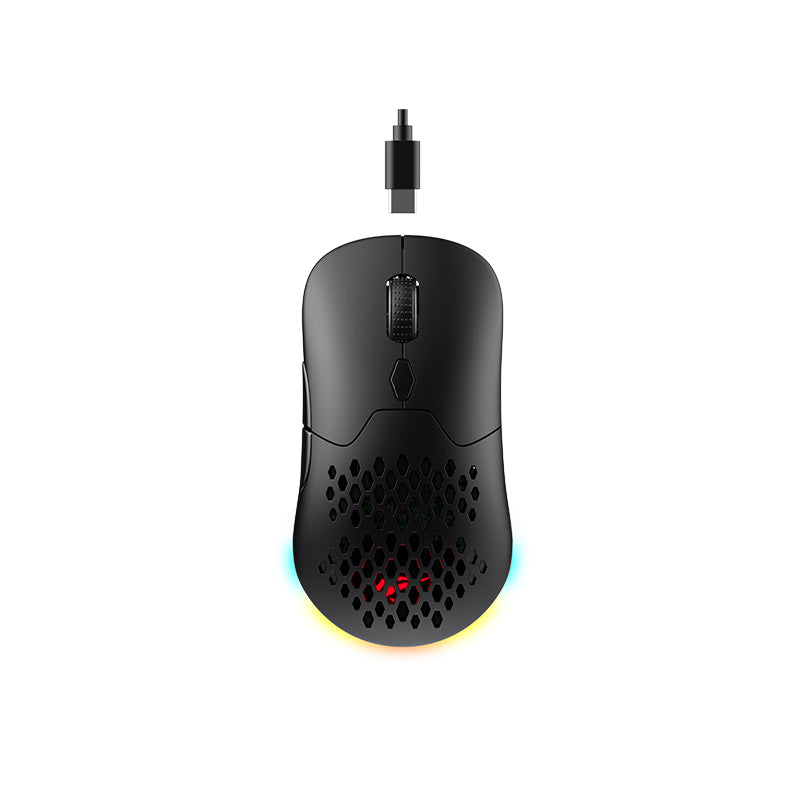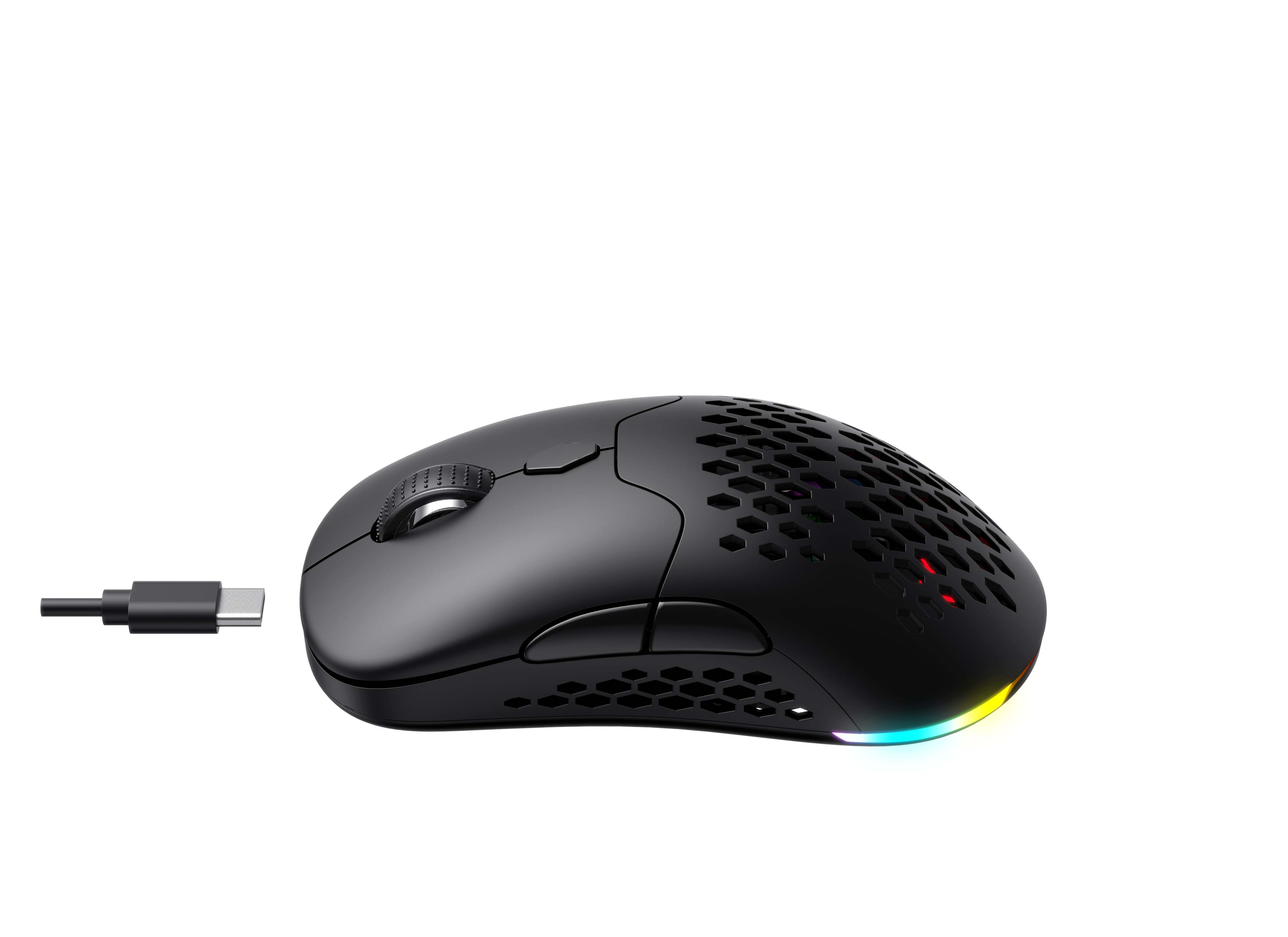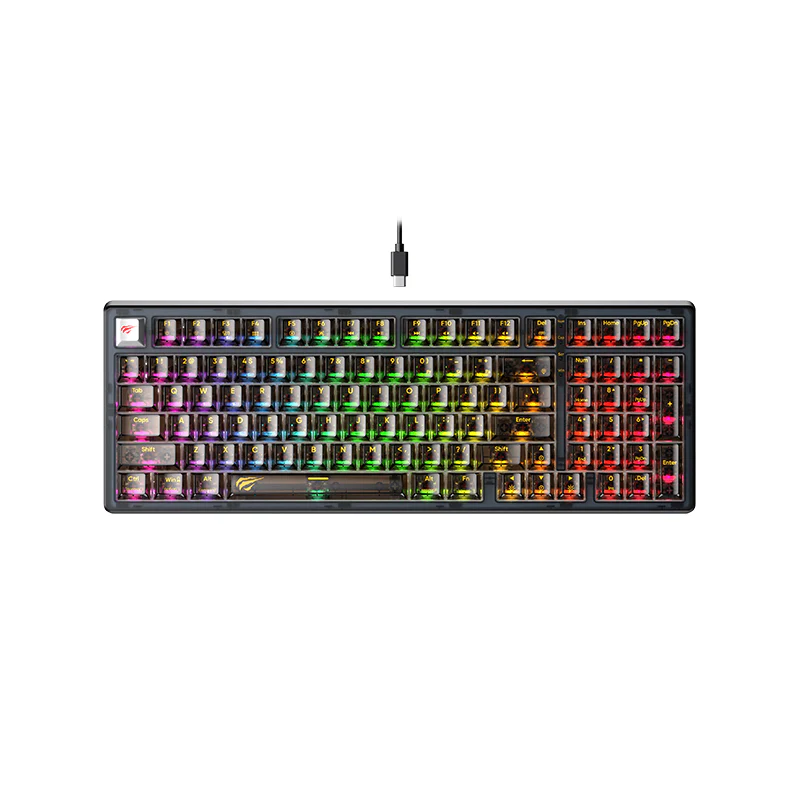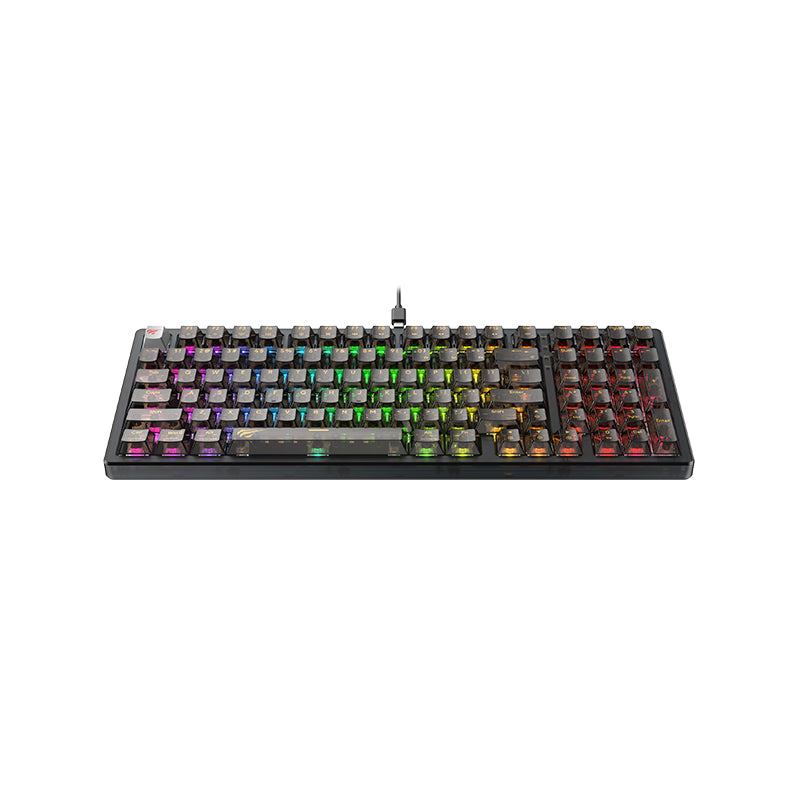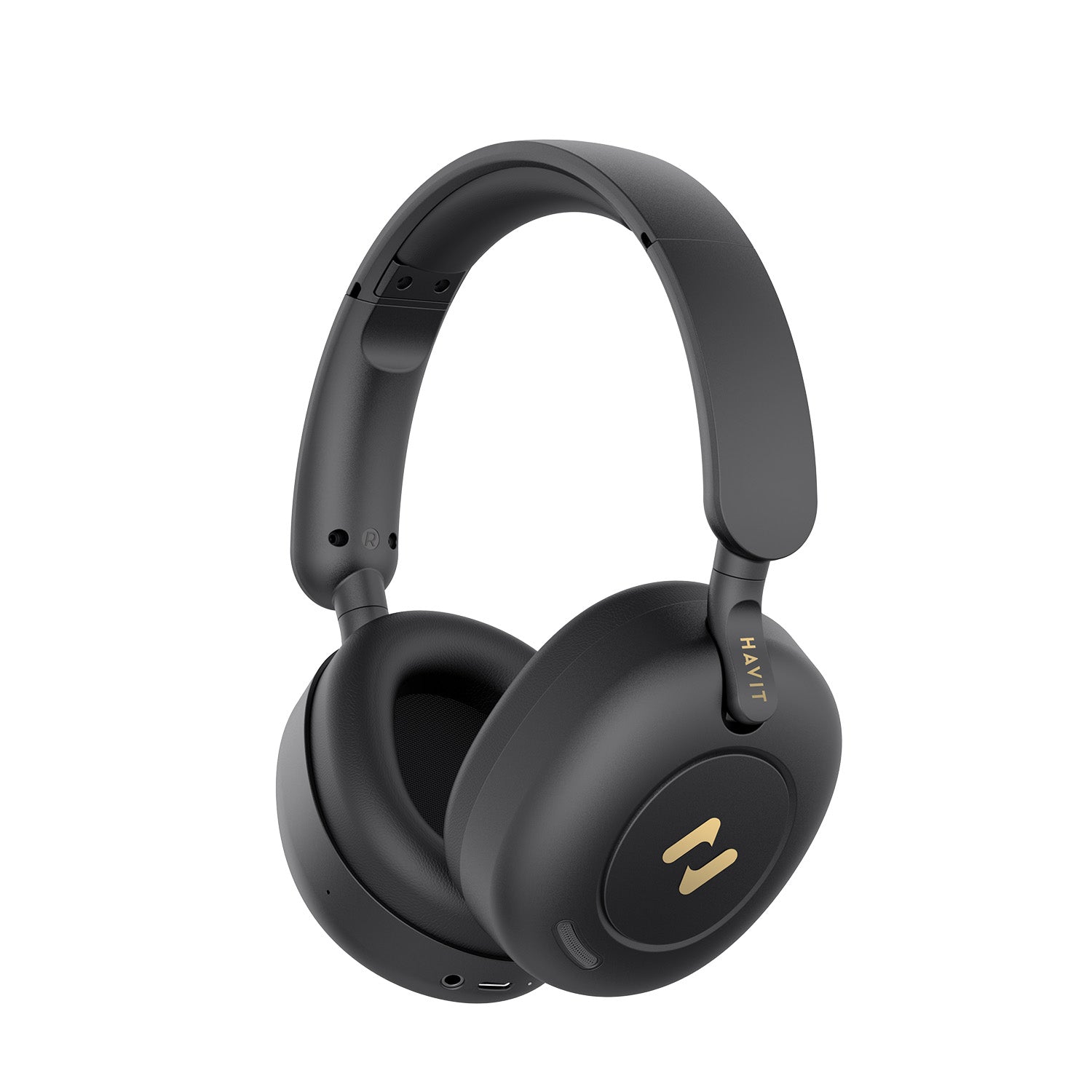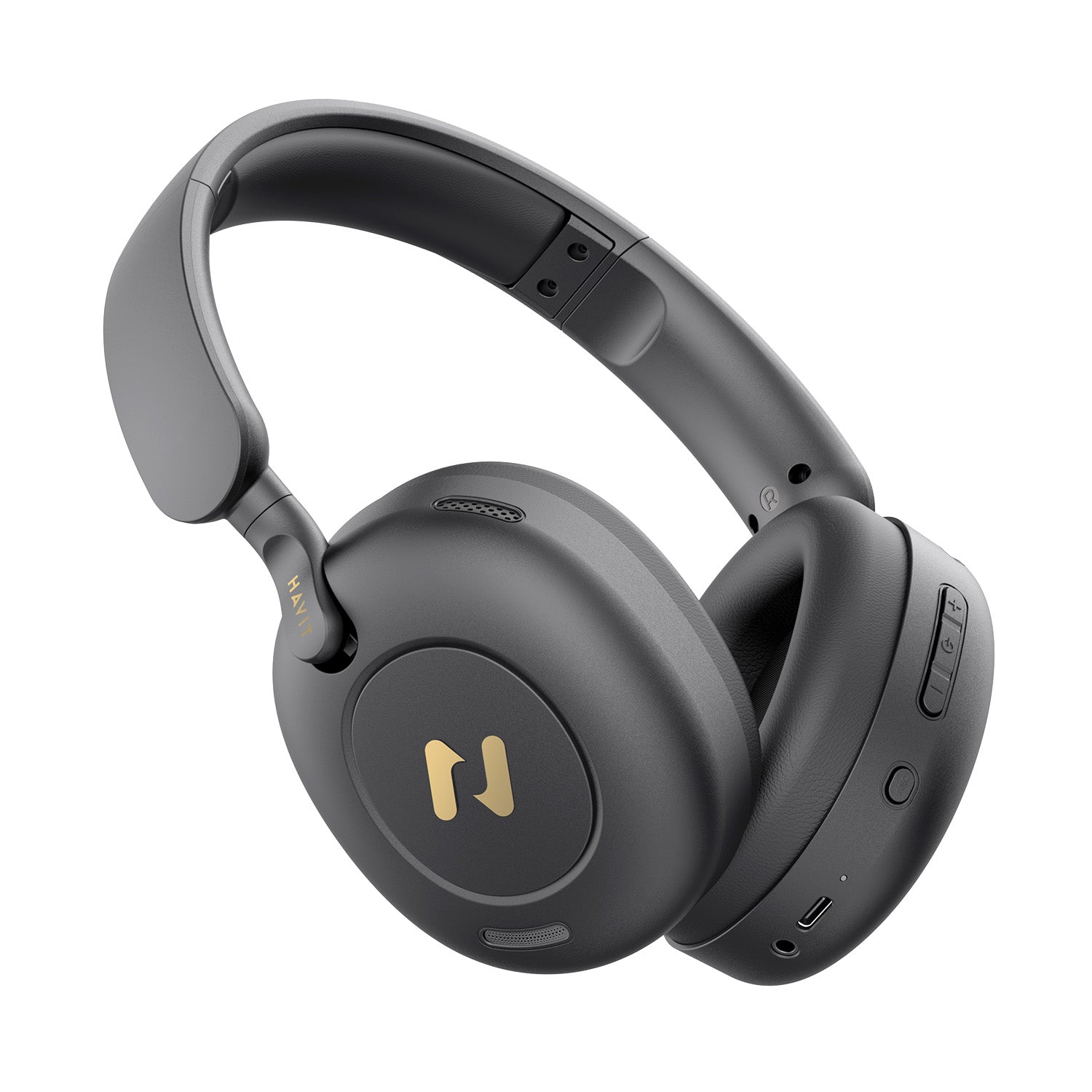There are many ranges of keyboards from many different makers out there, most of whom are either membrane keyboards or mechanical keyboards. Being a gamer and a typist I used many different keyboards over the years, all with their different benefits or downfalls. Some feel good on my hands, others not so. When you do a lot of work or a lot of gaming, you want something that will perform well to your fingers. Now not all keyboards are made the same granted that some are made better than others even if they are similar. Today we will compare the membrane keyboard and mechanical keyboard, and provide recommendations about who should use membrane keyboard and who should use mechanical keyboard.
Jump to:
Membrane Keyboard
What is a Membrane Keyboard
Let’s get down to business with the first type of keyboard called a membrane, it uses 3 different layers in it design, which are very flexible. The first layer is called the top membrane layer, under the top there is a conductive trace. When the key is pressed, it moves thru the second layer which is made up of holes, allowing the pressure pads that are located under each key to pass through, and make contact with the conductive traces on top of the bottom membrane layer.

Membrane keyboard diagram. Photo by Fourohfour from Wikipedia
There are two types of designs that are used. One is the flat key design, which is commonly used on microwave ovens. The keys in this design are printed on the same pad, It still uses an pressure pad, but because it provides no notable “physical feedback”, it makes it hard to use on a computer keyboard, which typist rely on physical feedbacks to blink type.
The other type called dome switch keyboard, which uses a dome with printed letters on top, sometimes they are printed on or laser stretched. This type of keyboard uses a rubber or a silicone keypad that comes with domes as the top membrane layer. When the domes being press down, they collapse, and the graphite under the dome will complete the circuit underneath the membrane pad, thereby sent signal of a key being pressed.
Pros of Membrane Keyboards
- Similar typing experience to mechanical keyboard
- Relatively Quiet
- More Portable
- Affordable
As membrane keyboards can be made with common materials and matured technology, a membrane keyboard will be more affordable than a mechanical keyboard that comes with the same features.
Cons of Membrane Keyboards
- Typing Feels
- Key Rollover
- Lifespan
- Cleaning
Mechanical keyboard
What is a mechanical keyboard
The mechanical keyboards use switches to send typing signal. There are more than one kind of switches out there, each one performing differently. Each key has its own switch, which comes with a base, a spring and a stem. The most common switches are blue, red, brown, black etc. Some require a certain amount of force to be press, Tactile while making a clicking sound or without, and others can be easy to press. Mechanical keyboard usually provides exchangeable keycaps, which allow users to DIY their keyboard. For more details about the definition of mechanical keyboard and membrane keyboards, please visit Wikipedia.

Pros of mechanical keyboards
- Removable Keycaps
- Durability
- Tactility
- Different Typing Style
- Heavy
The weight of mechanical keyboard can be either a pro or a con, depending on how you use it. Mechanical keyboards tend to be heavy which helps by stopping the keyboard from being pushed around your desk when you type.

If you are not a fan of heavy mechanical keyboard, the HAVIT KB875L RGB Backlit Mechanical Keyboard is your ideal choice.
- Key Rollover
Mechanical keyboard usually allows you to press many keys at the same time; some even allows you to press all keys at the same time (N key rollover). This will benefit those who games with the keyboard.
N key rollover is supported with all of our mechanical keyboards, even with USB ports
- Easier to Clean
Cons of mechanical keyboards
- More expensive
- Loud
- Heavy
- DIY skills may required
Which one you should use?
As you see both keyboards have their ups and downs, and each one meets the different needs of many users. Not one keyboard is for everyone. If you’re on an budget and doesn’t care about how the keyboard perform or using this with an laptop on the go, use with something as simple as an tablet, use with your home theater PC, or in your home office working and talking on the phone a lot with your job, traveling an lot etc., then a quiet membrane keyboard would be good enough for you, as you won’t have to worry about the size and the weight of the keyboard. Students will benefit from the flexibility of a high quality membrane keyboard, as it can be used to write assignment or game, and is much affordable.
Now if you are a heavy user who uses the keyboard all the time, typing out a story, articles, coding or even a fast typist, a mechanical keyboard would be a very good choice for you. Even gamers will benefit from using one with their gaming due to the quickness that is required at times. The weight will be handy as the last thing you want your keyboard to do is movie around on your desk as you try to frag another player with a rocket launcher, causing you to mistakenly strafe into a wall and shoot yourself in the face. There are ways to make the mechanical quieter by using O-rings if you wish to still use one in the home office, so that still an option, even outside the office.
The best thing you should is find an place that will let you try out the different keyboards and find one that fit your needs, as that’s what important, to find out what works best in your fingers. And you can also figure out which mechanical switches that you feel work best for you.
Admin's Note: After having genclaymore to review our HV-KB378L mechanical keyboard last week, we invited him again to compare the membrane keyboards and mechanical keyboards, and give us recommendations about who should use membrane keyboards and who should use mechanical keyboards. Editings are made. Feel free to learn more about all the membrane keyboards and mechanical keyboards we have to offer.
What do you like about membrane keyboards or mechanical keyboards, and why? Please feel free to leave the comment.


